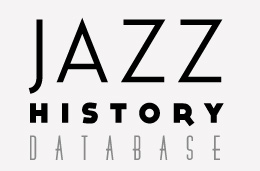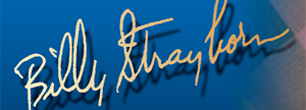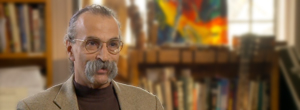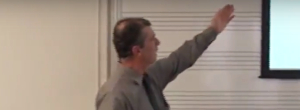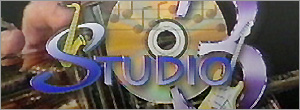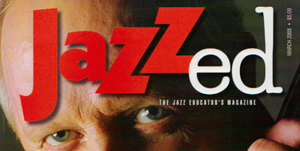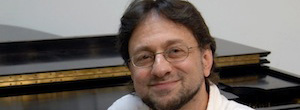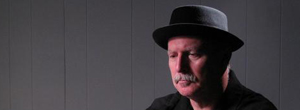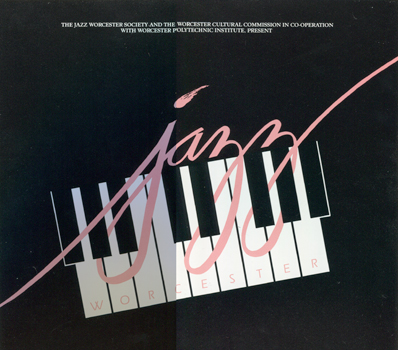
By Gary Carner:
As a graduate student in jazz musicology in the mid- to late-1980s, and then as a professor teaching jazz history, I was aware of the unanswered, important questions raised by musicians and historians concerning the collaboration of Duke Ellington and Billy Strayhorn. This was before email was widely used, before the advent of Google or social media, and years before the publication of either David Hajdu's groundbreaking biography or Walter Van de Leur's pioneering musicological study. Knowing of Ellington's primacy in jazz history, Strayhorn's behind-the-scenes role in Ellington's work, and Strayhorn's influence on the jazz repertoire (by virtue of such works as Chelsea Bridge, Upper Manhattan Medical Group, Take the 'A' Train, Star-Crossed Lovers, etc), I simply wanted to know who did what and why?
I had been teaching at Assumption College and Assumption awarded Ellington an honorary doctorate late in Ellington's career. With that fact and my involvement in Worcester jazz, it seemed appropriate to suggest that a symposium be assembled to look at Strayhorn and his work with Ellington as part of the Worcester Jazz Festival. It would give the Festival an historical component and hopefully answer some questions, some that had been raised by James Lincoln Collier's controversial book about Ellington.
A few people that I would've liked to participate, such as publicist Patricia Willard and author Barry Ulanov, weren't available. Fortunately, a diverse group of five very knowledgeable musicians emerged that could get to Worcester. Pianist Brooks Kerr and Boston based trumpeter and pedagogue Herb Pomeroy spoke and performed. Three lesser known musicians at the time--pianist Anthony Coleman, bandleader Andrew Homzy, and saxophonist Loren Schoenberg--who were all very involved in Ellington's music, also gave talks.
